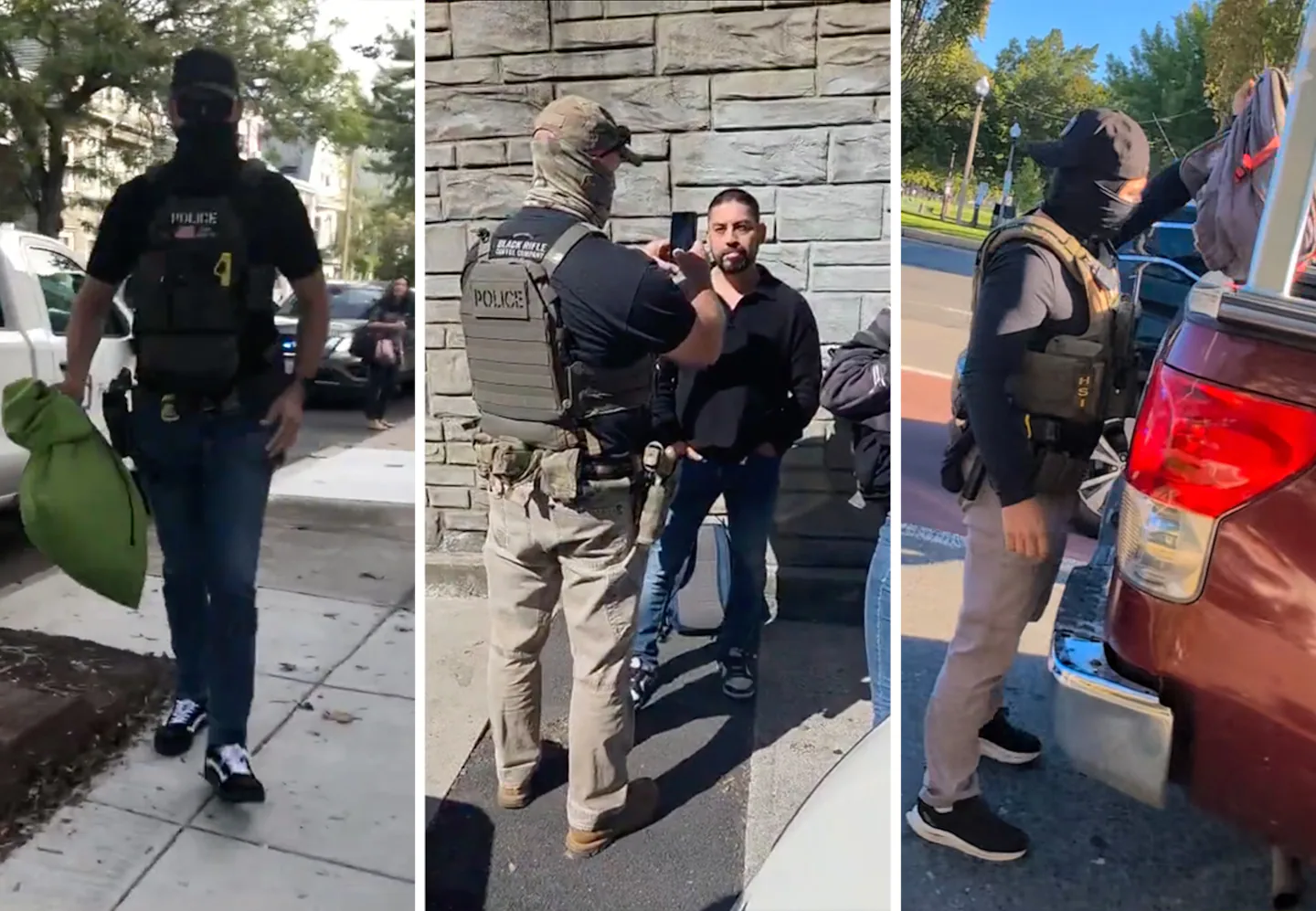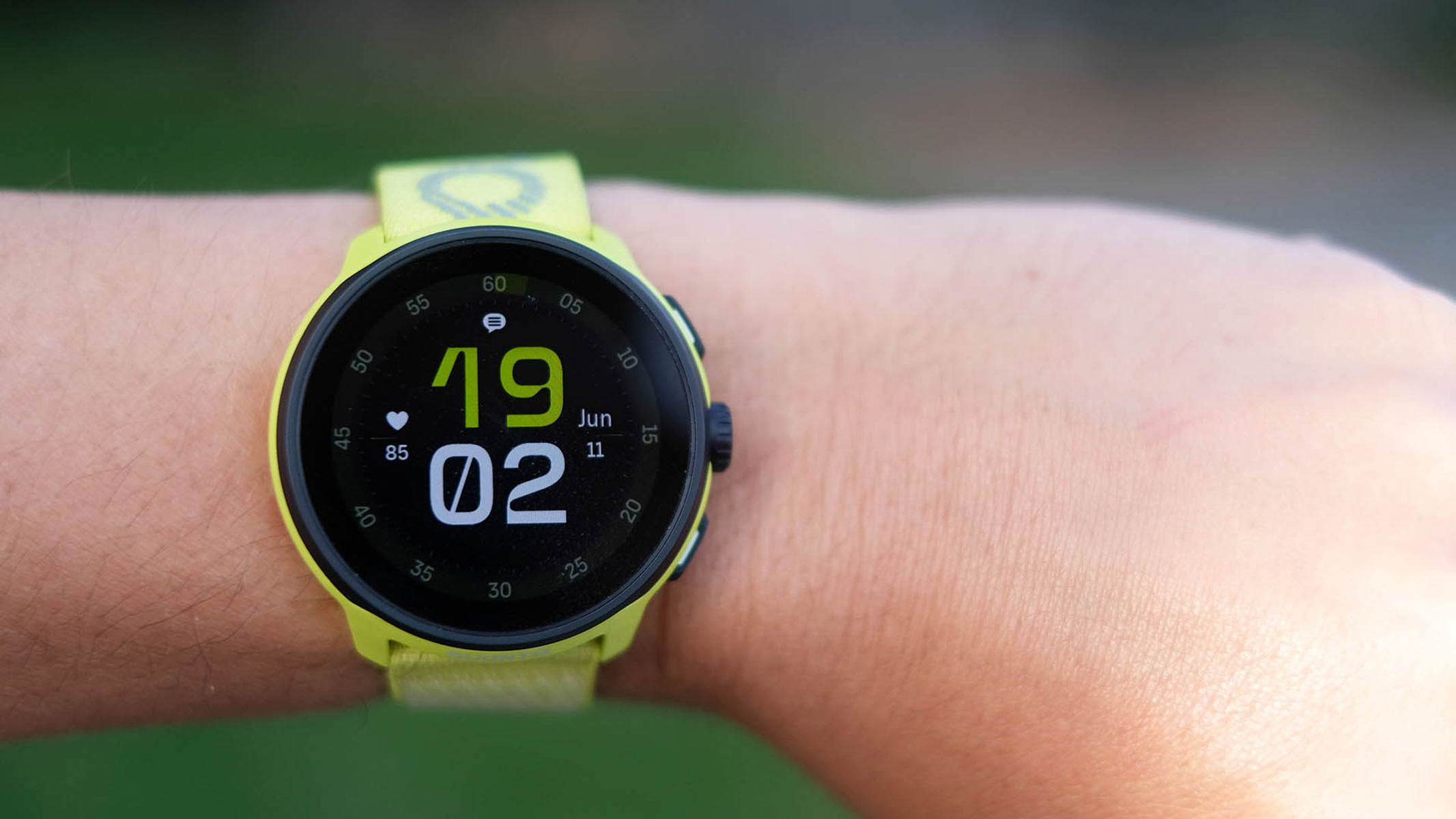
Write to us at startingpoint@globe.com. To subscribe, sign up here.
For months, Massachusetts has been a focal point of the Trump administration’s “Operation Patriot,” which, according to the administration, targets people accused of serious crimes in the country without authorization. In recent weeks, the Department of Homeland Security announced it was beginning “Operation Patriot 2.0.” and ramping up arrests.
So we asked: What do you want to know about immigration and ICE activity in Massachusetts? We received a number of responses through our website and on Instagram from the Berkshires to Boston. Most reader questions reflected a concern about ICE tactics or the safety of friends and neighbors. Here are some answers.
Attorney General Andrea Campbell’s office has put out robust guidance for Massachusetts immigrants and bystanders on how to respond to federal immigration officials.
According to her office, ICE cannot enter private spaces such as homes or non-public areas of workplaces without a judicial warrant or voluntary consent from someone with authority over the space.
If ICE seeks to enter someone’s home, occupants can ask to see the warrant before opening the door, check if it was signed by a judge, and deny entry if not.
According to federal law, bystanders cannot interfere with federal law enforcement, which includes pushing, physically touching, or blocking officers; nor can bystanders hide a person whom agents are seeking to arrest, Campbell’s office said. These actions can lead to criminal charges.
This has played out in recent months in Massachusetts, including this spring when a group of 25 people reportedly surrounded a federal agent arresting a woman in Worcester.
As the ICE agent’s vehicle started to move, a teenager ran after it and kicked the passenger side, according to a police statement. She was charged with reckless endangerment of a child, disturbing the peace, disorderly conduct, and resisting arrest.
A Worcester School Committee candidate was also arrested and accused of pushing and shoving officers and spraying an “unknown liquid” at another officer as they tried to arrest the teenager.
Bystanders can watch an ICE arrest, and they can pull out their phones to record the encounter at a “reasonable distance in public places,” according to Campbell’s guidance.
Civil rights lawyers say recording video can be useful. If an ICE officer seizes a bystander’s phone, the ICE officer must have a judicial warrant to legally access the phone or any video.
While ICE officers may ask questions, bystanders have the right to remain silent.
A bystander can also ask the person being detained questions. Campbell’s office recommends asking if a person has an immigration lawyer or a family member that a bystander can call.
Bystanders can help a person being arrested by urging them to ask questions, including why they are being detained, if the officers have a warrant they can show, and the names and badge numbers of the officers.
Access to legal representation is a major consideration for people without legal status or people who have active cases, immigration advocates say. There are many resources available to immigrants in Massachusetts, including at Lawyers for Civil Rights, ACLU Massachusetts, and Greater Boston Legal Services. The Department of Justice also has its own list of pro bono immigration lawyers.
If a neighbor has been detained by ICE, people can try to use ICE’s online detainee locator to find their location. Many people detained in Massachusetts are sent to facilities out of state. Be aware, however, that the locator usually lags a couple days behind a person’s initial arrest and their registration at a detention center.
Technically, yes. Lawyers I’ve talked to recommend that people over 18 also keep a passport, work permit, or other documentation that shows legal status in the country.
It’s a good question. The Department of Homeland Security’s “Patriot 2.0” comes after “Operation Patriot,” which was carried out in May when federal authorities arrested nearly 1,500 immigrants in the Boston area alone.
Lawyers and advocates expect arrests to continue.
The administration has set quotas of 3,000 arrests a day, and the federal budget approved at the start of July tripled ICE’s funding. The aim was to create 10,000 new positions nationwide, a 50 percent increase in the number of agents on the ground carrying out arrests.
By the end of July, ICE said it had offered jobs to 1,000 applicants.
It’s a hard question to answer, since the federal government has broad authority to enforce immigration law, and has been changing its playbook as enforcement ramps up.
Generally, ICE enforcement activity may target people the government believes can be deported. This can include people whose legal status in the country has been revoked, as well as people suspected of having violated federal immigration law. The latter includes those who have entered the country without authorization, overstayed a visa, were ordered removed in the past, or are accused of violating immigration conditions like failing to check in with ICE.
But lately, people who were not previously an enforcement priority, such as those with active immigration applications pending or court dates scheduled, are being arrested, too. So are some people with US citizenship.
🧩 4 Across: Last Greek letter | ⛈️ 73° Rain, thunderstorms
Maybe next spring: Will lower mortgage rates get Greater Boston’s housing market moving again? Early evidence says: Don’t count on it.
Charging Comey: President Trump’s handpicked US attorney in Virginia will attempt to charge James Comey with allegedly lying to Congress, even though prosecutors found no probable cause to do so, according to sources. (ABC News)
Whither Emerson? The downtown college is looking to rebrand and move forward from layoffs, protest arrests, and tensions on campus.
ICE shooting: Authorities have identified the gunman who opened fire at an ICE facility in Dallas, killing one detainee and critically injuring two others before apparently turning his gun on himself. (NBC News)
Hidden figures: You may think you’ve gotten a deal when you find a $79 airfare to Florida or a $144 ticket to California. But check the fees: They’re at an all-time high. In fact, they may exceed the price of the ticket.
Union fight: The Fenway Park concession workers locked in a contract dispute with Aramark say the park vendor disciplined and intimidated them because of their union activities.
Visa fallout: Trump’s proposed $100K fee for H-1B visa applications for highly skilled foreign workers could have an outsized effect on some of Massachusetts’ most prominent employers who rely on the visas for talent.
Maternal health failure: It’s been two years since the maternity ward at Clinton Hospital in Leominster closed. Reports of women giving birth in cars and ambulances are now the norm. (Commonwealth)
Petty much? Trump set up a “Presidential Walk of Fame” along a walkway outside the West Wing featuring black-and-white portraits of presidents. But the photo selected for Joe Biden isn’t his image; it’s a photo of an autopen. (CNN)
Another myth we didn’t ask for: What does it mean when AI companies claim to be “HIPPA compliant”? Brittany Trang, STAT’s health tech reporter, explained what it meant, alongside three other common health data privacy myths, in her AI prognosis newsletter. (STAT+)
By Teresa Hanafin
🍿 “Rocky Horror Picture Show”: The midnight cult classic turns 50 Friday, and although critic Odie Henderson admires its staying power, alas, he doesn’t think it actually holds together very well.
📷 A life recovered: As Alzheimer’s stole her mother’s memory, she dove into her album of black-and-white memories — and found a beautiful life full of friends, adventure, and laughter.
🏈 Clueless: Tom Brady wrote about his dual roles as a TV game analyst and minority owner of the Raiders, but Ben Volin says his failure to acknowledge the conflict of interest proves he doesn’t live in the real world anymore.
🚨 A siren call: The dare facing a group holding a bachelorette party was simple: Find someone to serenade the bride. A Salem firefighter came to the rescue, and the result was a lovely harmony. (WCVB)
🇵🇷 ¡WEPA!: “Celebremos Puerto Rico” is a family event of art, storytelling, and music about Puerto Rican nature and culture at the Harvard Museums of Science & Culture Saturday. (El Planeta)
🏠 Now this is rent control: Rent prices in Germany are skyrocketing. But one place hasn’t increased its rent in five centuries. The Fuggerei helps people who are poor to live a life of dignity for about 8 cents a month. (TheWorld)
🐶 Chaos machine: Life felt out of control, yet a constantly wiggling, 6-pound juggernaut of dachshund energy wreaked havoc on this family in just the way they needed.
Thanks for reading Starting Point.
This newsletter was edited by Victoria McGrane.
❓ Have a question for the team? Email us at startingpoint@globe.com.
✍🏼 If someone sent you this newsletter, you can sign up for your own copy.
📬 Delivered Monday through Friday.



